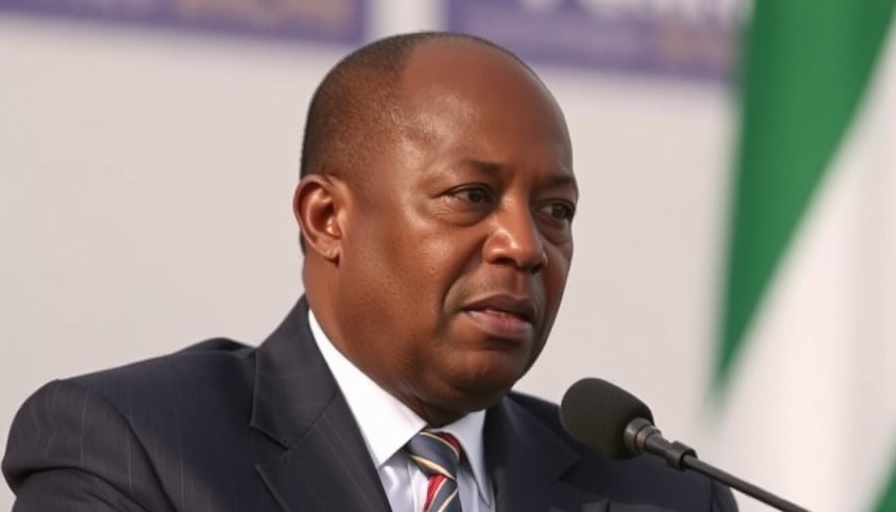
Rising Tensions: Burundi Accuses Rwanda of Aggression
In a striking development, Burundi’s President Evariste Ndayishimiye recently asserted that he possesses “credible intelligence” indicating a potential Rwandan attack on his country. This alarming allegation escalates regional tensions, underscoring the complex geopolitical dynamics at play in Africa's Great Lakes region, particularly amidst ongoing conflicts involving Rwandan-backed rebels in the Democratic Republic of Congo (DRC).
Historical Context and Background
Burundi and Rwanda share a tumultuous history marked by ethnic conflict and violence, which has left deep scars on both nations. Following the Rwandan Genocide in 1994, relations became strained due to both countries' involvement in each other's internal matters. Burundi has endured its share of conflict, most notably its civil war from 1993 to 2005, precipitating a dire need for stability and security. President Ndayishimiye's accusations reflect ongoing fears rooted in historical grievances.
International and Regional Implications
The allegations come at a time when regional conflicts are entwined with broader geopolitical shifts. With Rwanda's forces allegedly providing assistance to the M23 rebels in eastern Congo, the tensions between Burundi and Rwanda threaten to ignite further instability not just locally, but potentially across East Africa. Understanding these dynamics is essential for policymakers and analysts monitoring Africa's evolving geopolitical landscape.
The Importance of Dialogue
In response to Ndayishimiye’s assertions, Rwanda's Foreign Minister Olivier Nduhungirehe characterized the claims as “unfortunate,” emphasizing ongoing discussions aimed at military de-escalation. This sentiment highlights a critical need for dialogue and diplomatic engagement between the two countries. Building bridges rather than barriers can pave the way for more sustainable peace and cooperation in a region often beset by conflict.
Conclusion: A Call for Calm and Collaboration
The potential for misunderstanding and misinterpretation is high in such charged situations. As tensions rise, it is imperative for both countries to engage constructively and pursue dialogue. Investors and businesses eyeing opportunities in the region should remain cognizant of these developments, understanding that the political climate significantly influences economic prospects. Therefore, staying informed about geopolitical developments in Africa is vital as they directly impact markets and investment landscapes.
 Add Row
Add Row  Add
Add 


 Add Row
Add Row  Add
Add 

Write A Comment